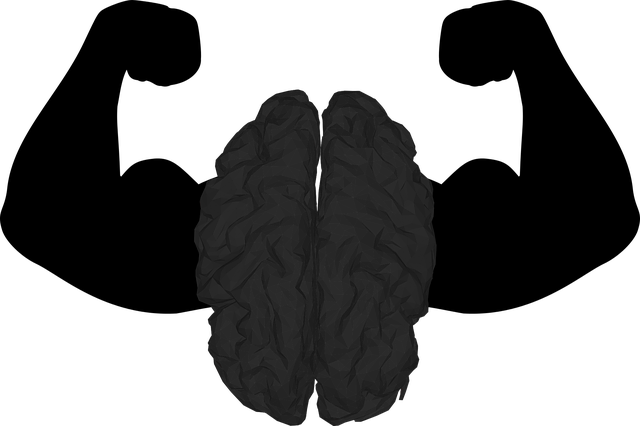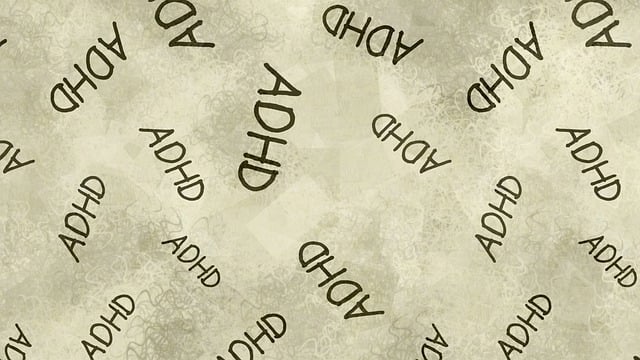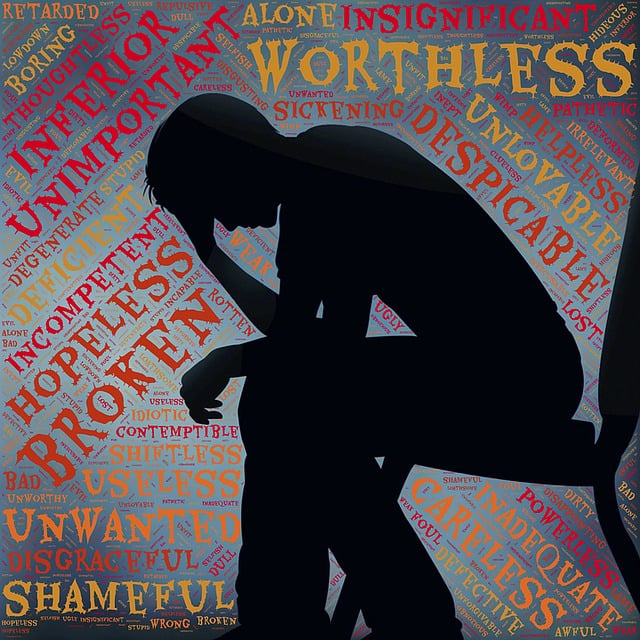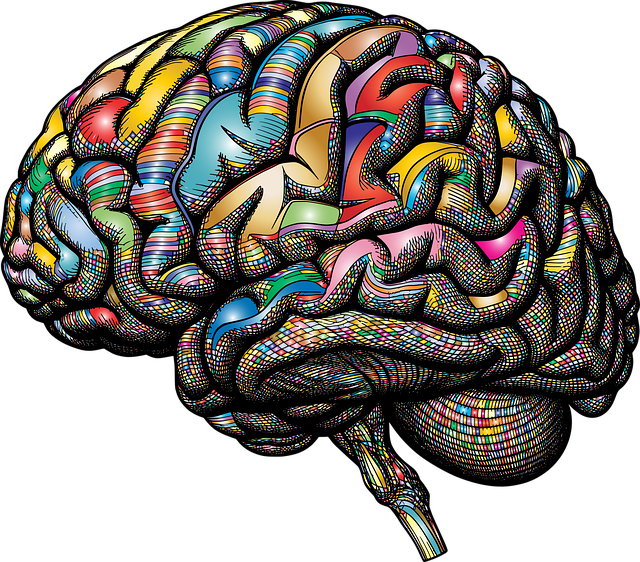In today's fast-paced world, mental health education is vital, especially for vulnerable populations facing unique challenges. Organizations like Englewood Sexual Abuse Survivor Therapy (ESAAT) advocate for specialized programs to support survivors of sexual abuse. Tailored curricula focusing on self-awareness and stress management workshops can significantly aid at-risk groups struggling with trauma, anxiety, and depression, often exacerbated by poverty and lack of healthcare access. ESAAT's initiatives aim to empower individuals, promote resilience, and foster community support for mental wellness through accessible resources and guidance. A successful program includes engaging curricula, workshops, and support groups, empowering participants with coping mechanisms and facilitating emotional healing. Evaluating success involves qualitative and quantitative measures of improved well-being, aided by public awareness campaigns normalizing mental health conversations.
Mental health education is a critical component of overall well-being, especially for vulnerable populations. This article explores the design of an effective program aimed at enhancing mental resilience and providing support. We delve into the urgent need for such initiatives, considering the unique challenges faced by individuals like Englewood sexual abuse survivor therapy clients. By examining program structure, curriculum design, and implementation strategies, we offer insights to create sustainable, impactful mental health education programs.
- Understanding the Need for Mental Health Education: A Focus on Vulnerable Populations
- Program Structure and Components: Designing a Comprehensive Curriculum
- Implementing and Evaluating the Program: Strategies for Success and Long-Term Impact
Understanding the Need for Mental Health Education: A Focus on Vulnerable Populations

In today’s fast-paced world, mental health education is more crucial than ever, especially for vulnerable populations who often face unique challenges and barriers to accessing support. Englewood Sexual Abuse Survivor Therapy (ESAST) highlights the pressing need for specialized programs that cater to these individuals’ complex needs. Many at-risk groups struggle with trauma, anxiety, depression, and other mental health issues, which can be exacerbated by societal factors such as poverty, discrimination, and lack of access to quality healthcare.
Vulnerable populations, including survivors of sexual abuse, may benefit significantly from tailored education programs that focus on self-awareness exercises and stress management workshops. Organizations like ESAAT have recognized the value of implementing Self-Awareness Exercises and Mental Wellness Journaling Exercise Guidance in community settings. These initiatives aim to empower individuals with coping strategies, promote resilience, and foster a sense of belonging. By providing accessible resources and guidance, communities can better support mental wellness, ensuring that no one faces their struggles alone.
Program Structure and Components: Designing a Comprehensive Curriculum

A well-structured mental health education program should incorporate a comprehensive curriculum that addresses various aspects of emotional and psychological well-being. In the context of organizations like Englewood Sexual Abuse Survivor Therapy, this might involve tailored modules focusing on trauma recovery and resilience-building strategies. The program’s structure should include both theoretical knowledge and practical exercises to ensure participants gain a holistic understanding of mental health.
Key components could encompass mood management techniques, compassion cultivation practices, and stress management workshops. These interactive sessions can empower individuals with effective tools to navigate emotional challenges. By combining educational lectures, group discussions, and skill-building activities, the curriculum fosters a supportive learning environment. This approach not only enhances self-awareness but also encourages participants to develop coping mechanisms that promote long-term mental wellness.
Implementing and Evaluating the Program: Strategies for Success and Long-Term Impact

Implementing a mental health education program requires a structured approach to ensure its effectiveness and long-lasting impact. One key strategy is to involve community leaders, therapists, and advocates who have experience in areas like Englewood Sexual Abuse Survivor Therapy. Their insights can tailor content to address specific needs and challenges within the target population. A successful implementation involves creating an engaging curriculum that combines education, interactive workshops, and support groups. This multifaceted approach facilitates emotional healing processes and empowers individuals with coping mechanisms.
Evaluating the program’s success goes beyond attendance numbers; it should measure improvements in participants’ emotional well-being through qualitative and quantitative methods. Public Awareness Campaigns Development can play a crucial role here by disseminating educational materials and promoting Emotional Healing Processes. Over time, these campaigns contribute to broader societal shifts, normalizing conversations about mental health and fostering environments that support Emotional Well-being Promotion Techniques. Regular feedback from participants is also vital for refining the program and ensuring its relevance and impact.
Mental health education programs, tailored to address the unique needs of vulnerable populations like sexual abuse survivors in Englewood, can be transformative. By implementing a structured curriculum that combines awareness, skill-building, and support, as outlined in this article, we can foster resilience and improve well-being. The success of such initiatives lies in ongoing evaluation and adaptation, ensuring long-lasting positive impacts on individuals and communities. Using evidence-based strategies, we can create a more inclusive and supportive environment, mirroring the healing journey of Englewood Sexual Abuse Survivor Therapy as a proven model.














